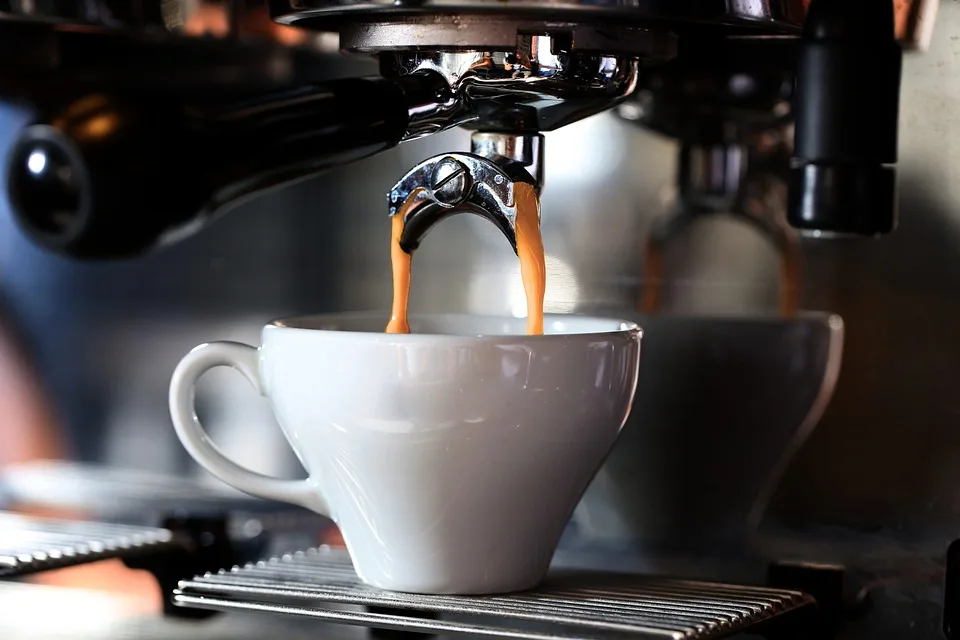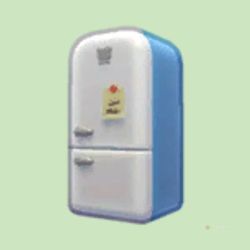For many coffee enthusiasts, the aroma of freshly brewed espresso is irresistible. The question that often arises is whether investing in an espresso machine is truly worthwhile. With numerous options available in the market, understanding the benefits, challenges, and overall value of having an espresso machine at home can help clarify this decision.
Benefits of Owning an Espresso Machine
Investing in an espresso machine comes with several advantages that can enhance your coffee experience:
1. Quality and Freshness
- Control Over Ingredients: You can choose the type of coffee beans, ensuring freshness and quality.
- Brewed to Perfection: An espresso machine allows you to adjust grind size, pressure, and temperature, enabling a consistent and rich flavor.
2. Cost Savings
- Reduce Coffee Shop Visits: A single espresso shot at a café can cost anywhere from $2 to $5. Brewing at home significantly cuts down this expense.
- Bulk Buying: Purchasing coffee beans in bulk can lead to substantial savings over time.
3. Variety and Customization
- Different Brews: With an espresso machine, you can create a wide variety of coffee drinks, from lattes to cappuccinos.
- Personal Touch: Experimenting with recipes allows you to customize drinks to your taste, enhancing your coffee ritual.
4. Convenience
- Brew in Minutes: An espresso machine enables quick brewing, perfect for busy mornings.
- Home Barista: You can enjoy café-quality espresso anytime, eliminating the need for long trips to the local coffee shop.
Challenges of Espresso Machines
While the benefits are appealing, potential buyers should also be aware of the challenges involved:
1. Initial Investment
- Cost of Equipment: Quality espresso machines can range from $100 to over $3,000, depending on the brand and features.
- Necessary Accessories: Additional costs for grinders, tamper, and milk frothers may add up, especially for those serious about their espresso-making.
2. Learning Curve
- Skill Development: Making great espresso is an art that requires practice. Understanding grind size, tamping pressure, and brewing time can take time.
- Maintenance Requirements: Regular cleaning and maintenance are necessary to keep the machine functioning optimally.
3. Space Consideration
- Counter Space: Espresso machines can be bulky. Evaluating your kitchen space is vital before making a purchase.
- Storage for Accessories: A full espresso setup may require additional storage for other tools and ingredients.
Factors to Consider When Buying an Espresso Machine
Before making a purchase, consider the following points:
1. Type of Espresso Machine
- Manual Machines: Require hands-on involvement but offer complete control over the brewing process.
- Semi-Automatic Machines: Provide a balance of automation and manual control, ideal for home baristas.
- Fully Automatic Machines: Offer convenience with one-touch brewing but may lack the same level of customizable experience.
2. Your Coffee Preferences
- Daily Consumption: Consider how often you plan to make espresso. Frequent users might benefit from a more durable, higher-end machine.
- Drink Variety: If you enjoy different espresso-based drinks, consider a machine with frothing capabilities.
3. Budget
- Initial Purchase: Set a budget that allows for a quality machine while considering any additional accessories.
- Long-term Savings: Factor in potential savings from reduced coffee shop visits when determining your maximum budget.
With all these aspects in mind, weighing the pros and cons will clarify whether a home espresso machine is a worthy investment for you. The journey to becoming your own barista can be fulfilling and bring rich rewards in terms of both quality coffee and personal satisfaction. Whether you decide to invest will ultimately depend on your passion for coffee and your willingness to embrace the craft of espresso-making.





